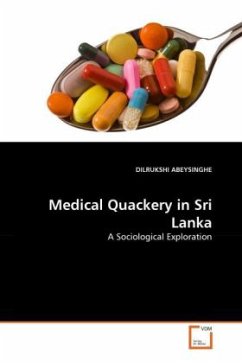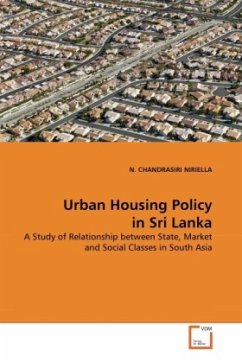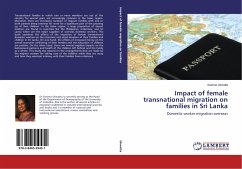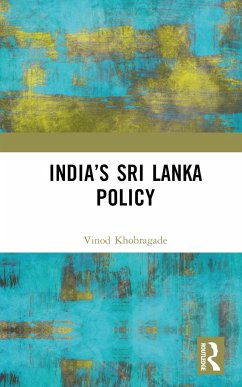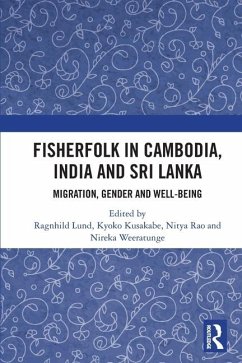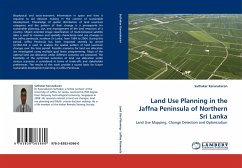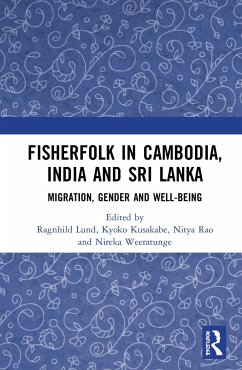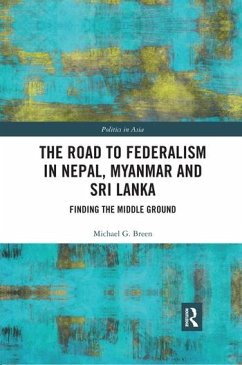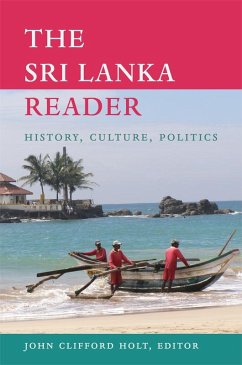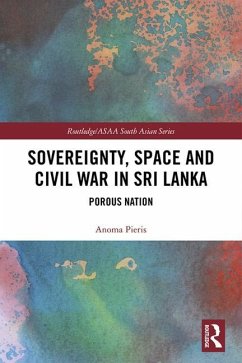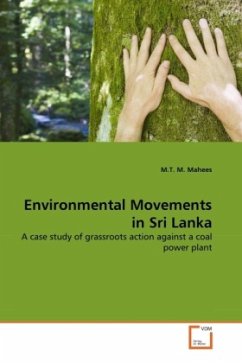
Environmental Movements in Sri Lanka
A case study of grassroots action against a coal power plant
Versandkostenfrei!
Versandfertig in 6-10 Tagen
45,99 €
inkl. MwSt.

PAYBACK Punkte
23 °P sammeln!
This book is about the Third World Environmental Movements based on Sri Lankan experiences. This sociological study attempts to explore the underlying social-economic and religious factors of mass activism against the coal power plant at Nurochcholai in Western coast of Sri Lanka. The factors such as livelihood vulnerability, religious leadership and the cultural identity have been the major forces functioned behind this grassroots movement. The peasants at the grass roots level are very much concerned about their life supporting ecological system than that of ecological factors. The livelihoo...
This book is about the Third World Environmental Movements based on Sri Lankan experiences. This sociological study attempts to explore the underlying social-economic and religious factors of mass activism against the coal power plant at Nurochcholai in Western coast of Sri Lanka. The factors such as livelihood vulnerability, religious leadership and the cultural identity have been the major forces functioned behind this grassroots movement. The peasants at the grass roots level are very much concerned about their life supporting ecological system than that of ecological factors. The livelihood vulnerability laid the positive foundation for these external forces to mobilize people to act on crowd sentiments against the coal power plant. This book also explains how the Church and the Mosque jointly played a vital a role in educating, coordinating and organizing the perceived victims against the plant. It is the Church that absorbed almost all the important resources and personnel into one common goal to defeat the government attempt of constructing the plant.



